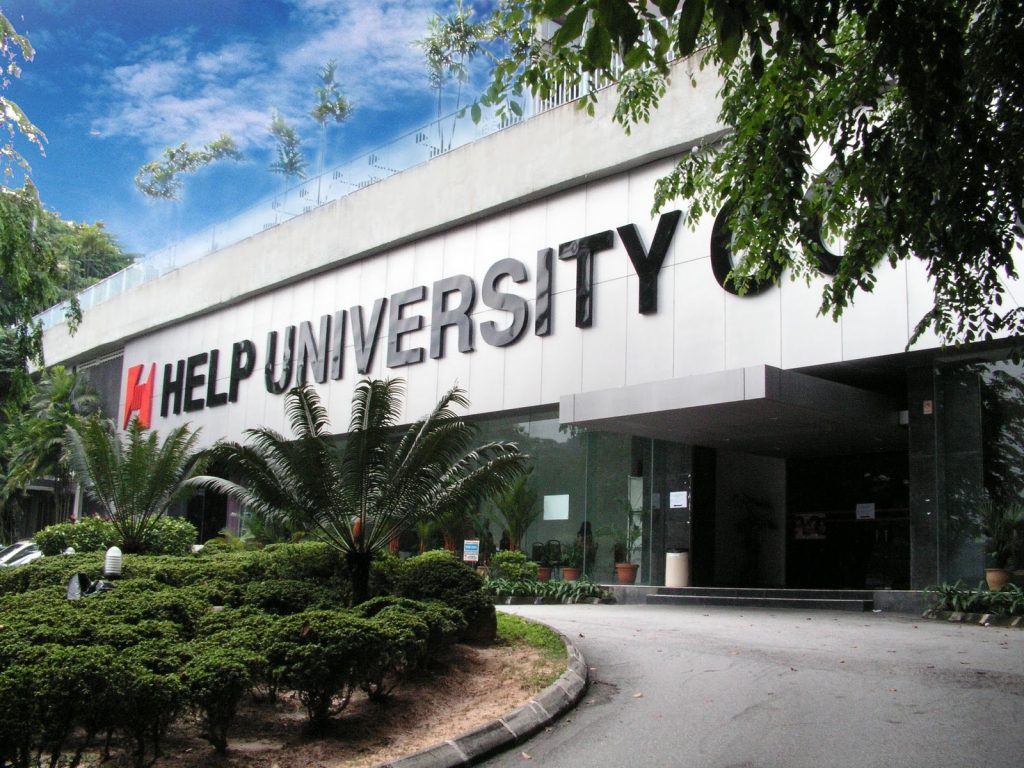Overview
Psychology is the study of the mind and how it influences behaviour. It is a scientific field focused on mental processes, brain functions, and behaviour. In essence, psychology aims to understand how people think, feel and behave. This field includes various aspects such as the analysis, assessment, diagnosis, and treatment of mental health disorders, providing a comprehensive understanding.
Psychology graduates are highly sought-after by a wide variety of employers because they process unique skills and competencies in fields such as communication, counselling, and mental health. These include:
- The ability to understand people of different ages in a diverse range of cultural settings.
- The ability to design and conduct research on people’s behavior, attitudes and feelings.
- The ability to understand and develop themselves.
- The ability to empower and bring out the best in people.
- The ability to communicate effectively in the oral and written format.
- The ability to engage in critical thinking in decision-making processes.
- The ability to apply a scientific approach in dealing with problems.
Why study Bachelor of Psychology (Honours) at HELP?
The programme can be completed fully at HELP University. Our bachelor’s degree in psychology also offers students the opportunity to transfer credits to affiliated universities, enhancing their educational experience.
-
One of the largest psychology courses in Southeast Asia with over 1000 students.
-
A strong faculty of over 50 lecturers and graduate tutors.
-
A facilitative and interactive programme that attracts top student achievers from all over Malaysia and around the world.
-
A strong research culture and infrastructure supported by academic staff who are active in international research, ensuring students gain in-depth knowledge and experience.
Programme Overview
These are the subjects and electives that you will take as part of the programme.
Year 1
9 COMPULSORY SUBJECTS
- Introduction to Psychology 1(Biopsychology, Individual Differences, Cognitive Psychology)
- Introduction of Psychology 2(Social Psychology, Developmental Psychology, Abnormal Psychology)
- Scientific Thinking & Academic Writing
- Introduction to Quantitative Methods 1
- Introduction to Quantitative Methods 2
- Career Exploration
- Contextual Intelligence
- 3 MPU subjects
Year 2
10 SUBJECTS
- Advanced Quantitative Methods 1
- Advanced Quantitative Methods 2
- Social Psychology
- Human Personality
- Biopsychology
- Developmental Psychology
- Understanding & Managing Emotion
- Industrial Training
- 2 MPU subjects
Year 3
5 SUBJECTS
- Undergraduate Thesis
- Ethics in Psychology
- Abnormal Psychology
- Learning and Cognition
- Career Development & Planning
- Data Analytics for Psychology
Electives
We are proud to offer over 20 electives from different fields of Psychology. Students have the privilege of choosing seven papers in Year 2 and 3 from the following:
- Counselling Skills
- Counselling Theories and Techniques
- Conflict Theory and Resolution
- Human Services
- Group Process
- Educational Psychology
- Exceptional Children: Developmental Disorders
- Understanding Child Abuse and Neglect
- Learning Disabilities
- Introduction to Industrial/ Organisational Psychology
- Psychology in the Workplace
- Substance Abuse
- Forensic Psychology
- Health Psychology
- Cross Cultural Psychology
- Youth Work and Services
- Issues in Contemporary Psychology
- Psychology of Eating
- Human Motivation
- Psychology of Film
- Gender Studies
- Psychology of Film
- Qualitative Research
New and different electives are added every year at the department’s discretion.
You will need to fulfill one of these entry requirements to join the program.
Entry Requirements
Applicants must have one of the following Entry requirements:
- HELP Foundation in Arts/Science
Pass all subjects (minimum of 4 Credits) - A-Levels
1 C, 1 D - STPM
2 Cs - UEC
5 Bs - South Australian Matriculation
ATAR 65 - Canadian Pre-U
Average 65 (6 subjects) - Foundation Programmes
Pass all subjects (minimum 50% Credits) - Diploma Programmes
Pass all subjects (minimum 30% Credits)
Local Programs have to be MQA-approved. The standard entry requirement of 3 SPM/O-Level Credits (including credits in 1 Math subject & 1 Science subject) still applies to all students. Malaysian students also have to attain a Pass in SPM Bahasa Melayu. Credit is equivalent to 60 out of 100 marks.
English Requirements
Applicants must have one of the following English requirements:
- IELTS
5.5 - TOEFL
550 paper-based (213 computer-based; 80 Internet-based) - MUET
Band 5 - SPM
B for English “(not including SPM 1119)” - UEC
B for English - HELP Foundation in Arts/Science
Credit for either Intermediate English or Advanced English - South Australian Matriculation
14/20 for English as a Second Language - Canadian Pre-U
65 for ENG4U
Please note that the University standard entry requirement for degree is MUET Band 3, but the Department of Psychology requires MUET Band 5.
Here are the career pathways for graduates who complete the Bachelor of Psychology (Honours) programme. The graduates can further their studies and do a postgraduate degree to further unlock more career pathways. Careers in psychology can range from being psychologists, engaging in mental health counselling, or even guiding others through therapeutic processes.
For Graduates with a Bachelor’s Degree
- Corporate Consultant
- Talent
- Management Consultant
- Corporate Training (Soft Skills)
- Human Resource Management
- Marketing Manager
- General Administrative
- Management
- Conflict Resolution and Mediation Consultant
- Customer Relationship Manager
- Advertising and Public Relations Consultant
- Political Strategist
Life Coach - NGO worker
- Journalist, Media Reporter or Mass Media Consultant
- Market Research Consultant
- Academic Tutor
- Research Assistant
- Headhunter
For Graduates with a Postgraduate Degree
- Organisational and Industrial Psychologist
- Clinical Psychologist
- Child Psychologist
- Counsellor
- Crisis Counsellor
- Educational Psychologist
- Forensic Psychologist
- Academic Lecturer and Researcher
- Sports Psychologist
- Ergonomist
- Neuropsychologist
- Neuroscientist














